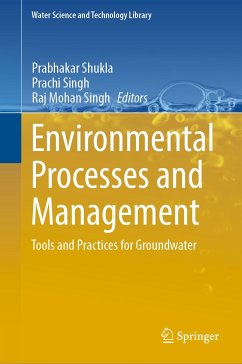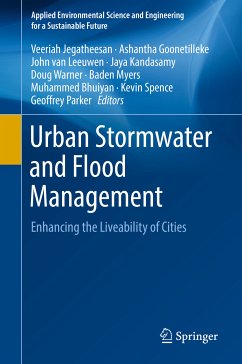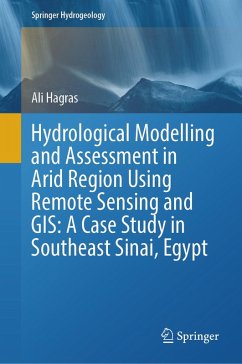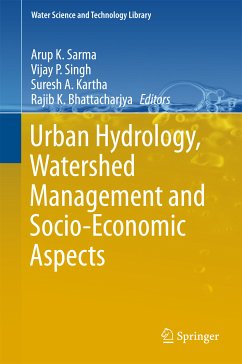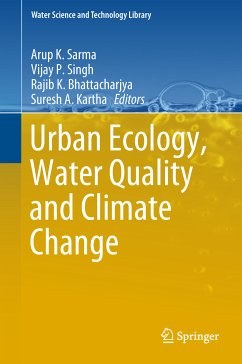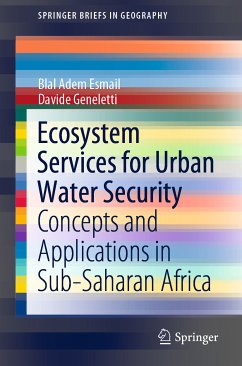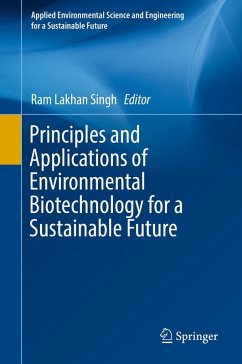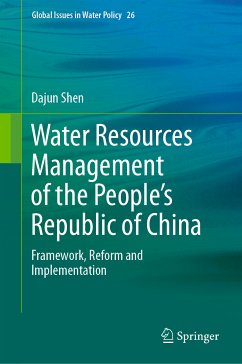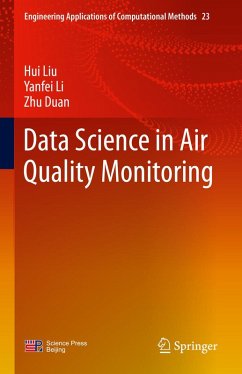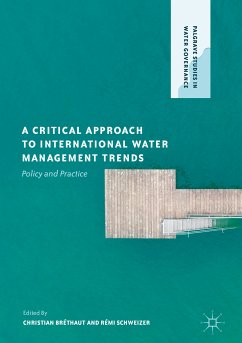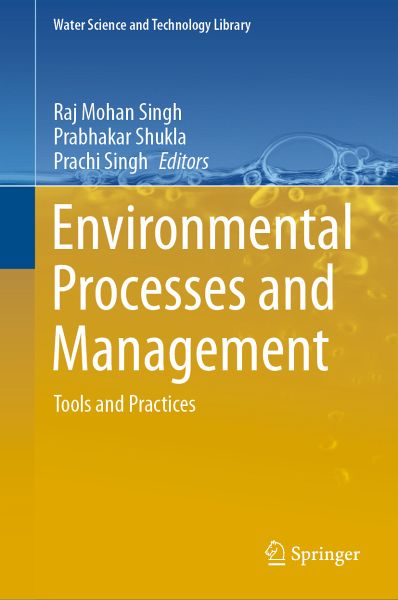
Environmental Processes and Management (eBook, PDF)
Tools and Practices
Redaktion: Singh, Raj Mohan; Singh, Prachi; Shukla, Prabhakar
Versandkostenfrei!
Sofort per Download lieferbar
112,95 €
inkl. MwSt.
Weitere Ausgaben:

PAYBACK Punkte
56 °P sammeln!
This book presents an in-depth, science-based approach to applying key project-management and spatial tools and practices in environmental projects. Providing important data for those considering projects that balance social-economic growth against minimizing its ill-effects on planet Earth, the book discusses various aspects of environmental engineering, as well as formula and analytical approaches required for more informed decision-making.Beginning with a broad overview of the factors and features of environmental processes and management, the book then clearly details the general applicati...
This book presents an in-depth, science-based approach to applying key project-management and spatial tools and practices in environmental projects. Providing important data for those considering projects that balance social-economic growth against minimizing its ill-effects on planet Earth, the book discusses various aspects of environmental engineering, as well as formula and analytical approaches required for more informed decision-making.
Beginning with a broad overview of the factors and features of environmental processes and management, the book then clearly details the general application of fundamental processes, the characteristics of the different systems in which they occur, and the way in which these factors influence process dynamics, environmental systems, and their possible remedies.
While primarily intended for professionals responsible for the management of environmental projects or interested in improving the overall efficiency of such projects, it is also useful for managers in the private, public, and not-for-profit sectors. Further, it is a valuable resource for students at both undergraduate and postgraduate levels, and an indispensable guide for anyone wanting to develop their skills in modern environmental management and related techniques.
Beginning with a broad overview of the factors and features of environmental processes and management, the book then clearly details the general application of fundamental processes, the characteristics of the different systems in which they occur, and the way in which these factors influence process dynamics, environmental systems, and their possible remedies.
While primarily intended for professionals responsible for the management of environmental projects or interested in improving the overall efficiency of such projects, it is also useful for managers in the private, public, and not-for-profit sectors. Further, it is a valuable resource for students at both undergraduate and postgraduate levels, and an indispensable guide for anyone wanting to develop their skills in modern environmental management and related techniques.
Dieser Download kann aus rechtlichen Gründen nur mit Rechnungsadresse in A, B, BG, CY, CZ, D, DK, EW, E, FIN, F, GR, HR, H, IRL, I, LT, L, LR, M, NL, PL, P, R, S, SLO, SK ausgeliefert werden.



